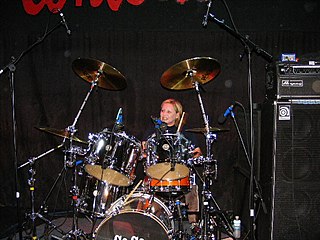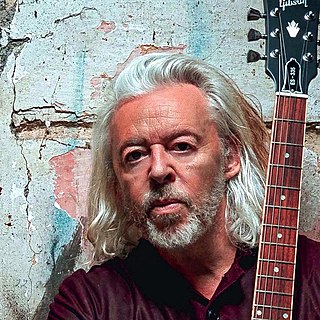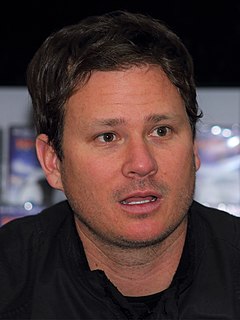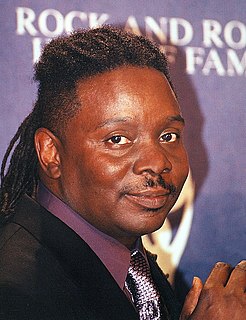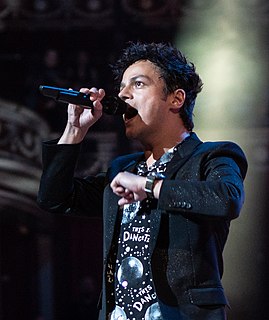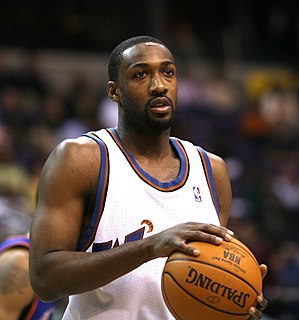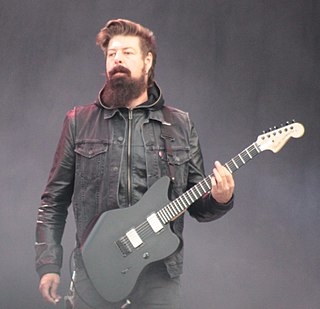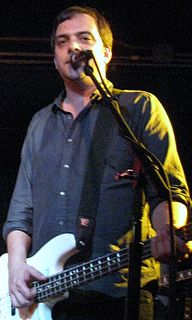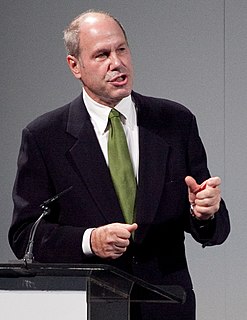A Quote by Gina Schock
We always thought if 'Beauty and the Beat' sold even 100,000 copies, we'd be real happy and a successful group, so when it reached a million... Hey, we just laughed about it.
Related Quotes
This comes from Mike Gonzalez at the Daily Signal: [ Howard] Zinn's history "set the stage for the grievance mongering that passes for history classes today, and is still widely used. It has sold over 2 million copies since it was first published in 1980 and continues to sell over 100,000 copies a year because it is required reading at many of our high schools and colleges. That's a lot of young minds."
Obviously, there are those in the industry who don't give romance novels the level of respect the sales would warrant. They'll talk about a book that sells maybe 100,000 copies, that happens to be very literary, whereas something like 'Crossfire' will sell 13 million copies in a single language and hardly get any mentions at all.
You know, if a band on a label sold a few hundred thousand copies of their record these days, they wouldn't make any money. But if a band can pump out 10 million copies of a record for free, and 50,000 of those fans come to the band's website to watch pay-per-view videos or buy a t-shirt, that's roughly $10 million in revenue per year.
I'm really glad we came up when we did. When we got started, the record companies were concerned with building careers. They made sure you could put on a live show before you put a record out. And if your first album sold 100,000 to 200,000 copies, they were happy, because they figured you had your foot in the door on a way to a long career.
If you sold a million records, the only way you could be disappointed is if the guy down the street sold seven million. But you've got to start dodging bullets once you've sold that many records, because everybody wants to kill you. We're not in that position. We can still be very successful and not have to worry about wearing bulletproof vests.
